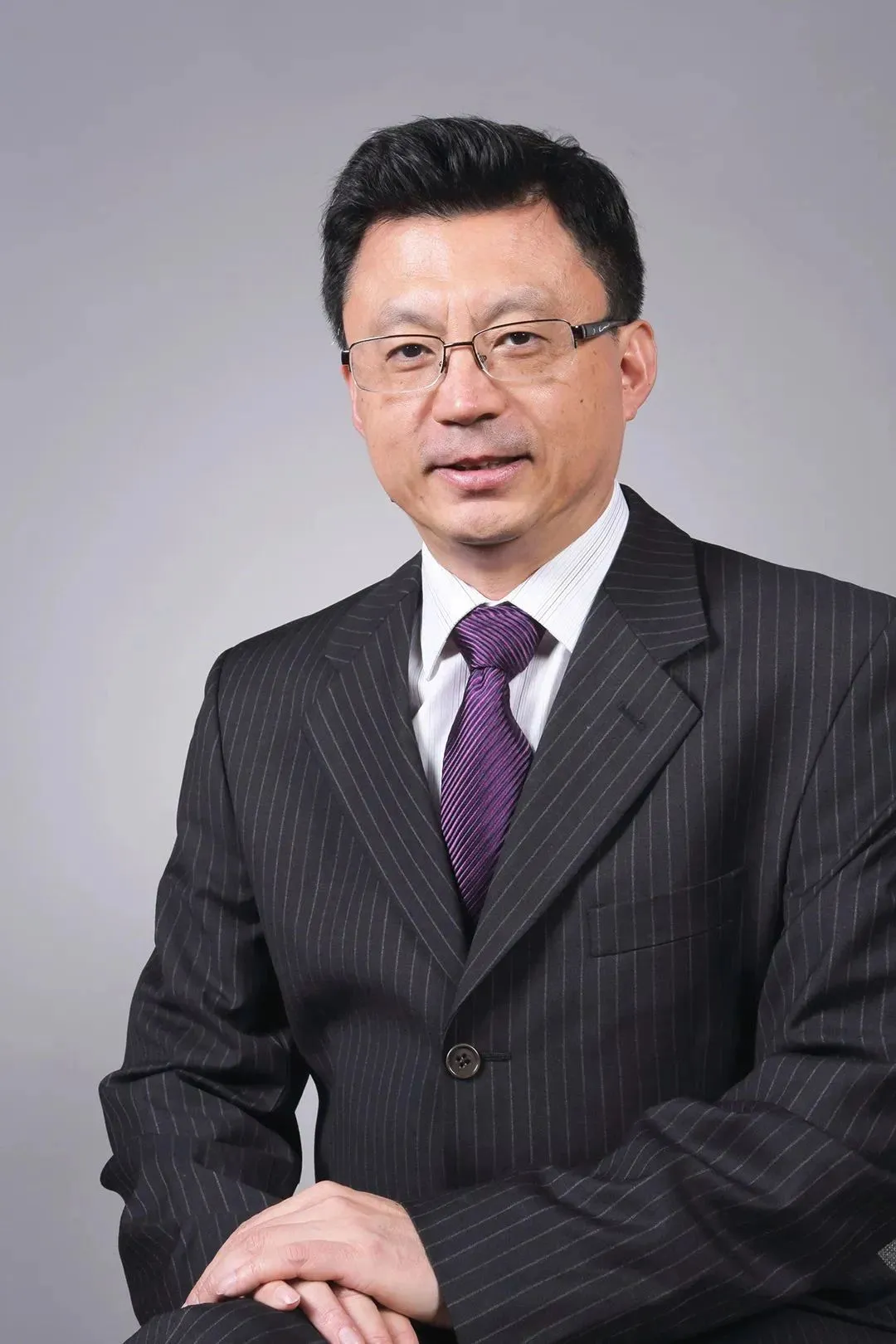Prof. Gang Bao of Zhejiang University Selected as an academician of the Chinese Academy of Sciences
On November 22, the Chinese Academy of Sciences (CAS) released the list of 2023 new members, and Professor Bao Gang of Zhejiang University was elected as CAS member. Congratulations!

Bao Gang, born in Harbin, Heilongjiang, in June 1964, is a Qiushi Distinguished Professor and doctoral supervisor of Zhejiang University, a Fellow of Society for Industrial and Applied Mathematics, a Fellow of American Mathematical Society, a first Fellow of China Society for Industrial and Applied Mathematics, and a Special-Class Expert of Zhejiang Province, and has been elected as an Academician of the Chinese Academy of Sciences in 2023.
Prof. Bao received his bachelor's degree from Jilin University in 1985 and his Ph.D. in applied mathematics from Rice University in 1991. He has been an Assistant Professor and Associate Professor at the University of Florida since 1994 and a Professor at Michigan State University since 1999, where he founded the Michigan Center for Industrial and Applied Mathematics and served as its director since 2006. He was the director of the Department of Mathematics and the Dean of the School of Mathematical Sciences at Zhejiang University from 2010 to 2020. He served as Dean of the Graduate School and Dean of the School of Engineers at Zhejiang University from 2020 to 2022. He is currently the Director of the Department of Science, the Dean of the School of Engineers at Zhejiang University, and the Vice President of Zhejiang University of Technology.
Gang Bao has long been devoted to the study of fundamental theories, algorithms, and applications of mathematical-physical inverse problems and is one of the international leaders in this field. His primary academic achievements include the development of the overall stability theory of the inverse problem of the fluctuation equations in the general case, the proposal of a multi-frequencies stabilization algorithm for solving the inverse scattering problem of Maxwell equations, and the systematic establishment of the mathematical theory of the diffraction grating problem. He has published over 160 papers in journals, including the Journal of the American Mathematical Society. He is/was a member of the editorial boards of more than 20 international journals, including Inverse Problems, SIAM Journal on Numerical Analysis, SIAM Journal on Applied Mathematics, Journal of Differential Equations, Multiscale Modeling & Simulation, and Sci. China Math. He is also the executive editor of CSIAM Transactions on Applied Mathematics and Journal of Computational Mathematics.
As an independent author, he was awarded the Second Prize of the State Natural Science Award and the First Prize of the Zhejiang Natural Science Award. He has received the Feng Kang Prize of Scientific Computing and the Michigan State University Outstanding Achievement Award. He was invited to give a 45-minute presentation at the International Congress of Mathematicians 2022. He heads the Project supported by the Science Fund for Creative Research Groups of the National Natural Science Foundation of China, the Key Projects and Integrated Projects supported by the Major Research Plan, and the Projects supported by the National Science Fund for Distinguished Young Scholars of China (Category B).




